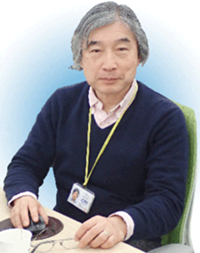Dr. Shiro Ochi,
Toyama University of International Studies (TUINS), Japan
March 2025Mr. S M Mahbubur Rahman, Ms. Sarwat Jahan, and Mr. Imran Khan,
Institute of Water Modelling (IWM), Bangladesh
February 2025Ms. 'Ofa Masiwawa,
National Disaster Risk Management Office (NDRMO)
January 2025Dr. Joel Joseph S. Marciano Jr.,
Philippine Space Agency (PhilSA)
December 2024Dr. Morimasa Tsuda,
Bangladesh Water Development Board (BWDB)
June 2024Mr. Ulan Abdybachaev,
Central Asian Institute for Applied Geosciences (CAIAG)
May 2024Mr.Kabir Uddin,
International Center for Integrated Mountain Development (ICIMOD)
March 2024Ms. Litea Biukoto and Mr. Kaliopate Tavola,
The Pacific Community (SPC)
March 2024Dr. Makoto IKEDA and Mr. Masami SUGIURA,
Asian Disaster Reduction Center (ADRC)
February 2024Mr. Abdullah Muhammad Mustofa Sorwar
Bangladesh Water Development Board (BWDB)
January 2024Prof. Dr. Erna Sri Adiningsih
Executive Director of Indonesian Space Agency, National Research and Innovation Agency (INASA-BRIN)
September 2023Mr. Tatiya Chuentragun
Geo-Informatics and Space Technology Development Agency (GISTDA)
June 2023Mr. Hideaki Matsumoto
Japan International Cooperation Agency (JICA)
March 2023Mr. Koji Suzuki
Asian Disaster Reduction Center (ADRC)
March 2023Dr. Arturo Daag
Philippine Institute of Volcanology and Seismology (PHIVOLCS)
February 2023Dr. Sang-Ho Yun
Earth Observation of Singapore (EOS)
January 2023Dr. Lal Samarakoon
PhD; Former Director of GIC-AIT; former co-chair of Sentinel Asia Steering Committee
December 2022Prof. Dr. M. Rokhis Khomarudin
Research Professor of the Remote Sensing Research Center, Research Organization of Aeronautics and Space (ORPA), Indonesia
May 2022Mr. Sadhu Zukhruf Janottama, Mr. Keith Paolo Landicho, and Mr. Mohammad Fadli (AHA Centre)
March 2022Dr. Manzul Kumar Hazarika, Mr. Syams Nashrrullah, and Mr. Chathumal Madhuranga (GIC-AIT)
January 2022Dr. Kuang-Chong Wu
President of National Applied Research Laboratories (NARLabs)
Dr. Jong-Shinn Wu
Director General of National Space Organization (NSPO)
November 2021Dr. Raj Kumar
Outstanding Scientist, Director, National Remote Sensing Centre (NRSC),
Indian Space Research Organisation (ISRO)
October 2021Mr. Hans Guttman
Executive Director of the Asian Disaster Preparedness Center (ADPC)
July 2021Dr. Giriraj Amarnath
International Water Management Institute (IWMI)
May 2021Geo-Informatics and Space Technology Development Agency (GISTDA)
April 2021Mohammed Bin Rashid Space Centre (MBRSC)
January 2021Ms. Lara Prades
Head, Geospatial Support Unit, Emergency Division (EMEG)
Mr. Michael Andrew Manalili
GIS Consultant, Geospatial Support Unit, EMEG United Nations World Food Programme (WFP)
December 2020Mr. KWOH Leong Keong
Director, CRISP
August 2020Dr. Hitoshi Taguchi
National Research Institute for Earth Science and Disaster Resilience (NIED), Japan
July 2020Dr. Kazuya Kaku
Japan Aerospace Exploration Agency (JAXA), Japan
29 March 2019
Toyama University of International Studies (TUINS) is one of the latest members of Sentinel Asia. It's Business Informatics Program in the Department of Contemporary Society is strengthening its data science research. As part of this activity, they joined Sentinel Asia in 2024, with the aim of contributing to international cooperation. Dr. Shiro Ochi previously worked at the Geoinformatics Center (GIC) at the Asian Institute of Technology (AIT) in Thailand and has been supporting Sentinel Asia. Now he is resuming his contribution to Sentinel Asia.
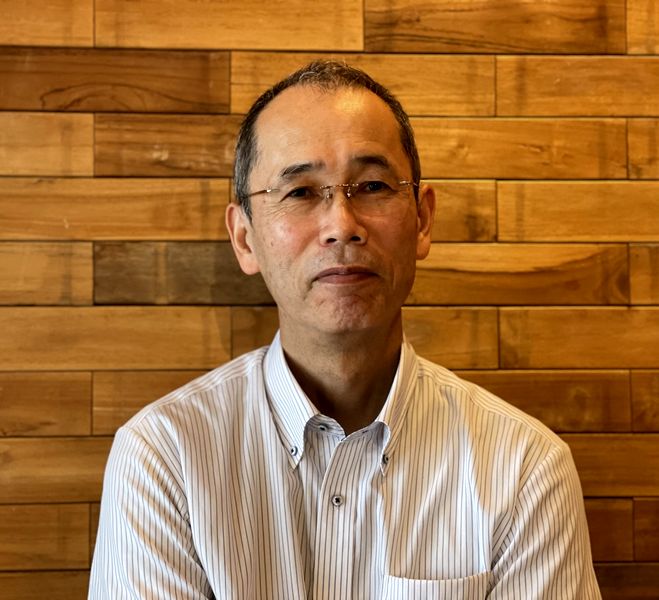
The Institute of Water Modelling (IWM) in Bangladesh is a self-sustained and not-for-profit independent trust established in 1996. Its main services are Policy Support, Capacity Building, Research and Innovation, and Development Advisory and Consultancy Services in the fields of Water resources management, Water supply, Sewerage and Urban drainage management, Coast, port & estuary management, Flood Management, Irrigation Management, Survey and data, ICT and GIS, and River Engineering for improved and sustainable Water Resources Management leading to Green Climate.
The institute joined Sentinel Asia in April 2024 as a Data Analysis Node (DAN) to contribute to Sentinel Asia with its expertise in management of water-related disasters. The Sentinel Asia Secretariat interviewed Mr. S M Mahbubur Rahman, Executive Director, Ms. Sarwat Jahan, Director of River Morphology & Engineering (RME) Division, and Mr. Imran Khan, Associate Specialist, RME to introduce the institute's domestic and international activities.
The institute joined Sentinel Asia in April 2024 as a Data Analysis Node (DAN) to contribute to Sentinel Asia with its expertise in management of water-related disasters. The Sentinel Asia Secretariat interviewed Mr. S M Mahbubur Rahman, Executive Director, Ms. Sarwat Jahan, Director of River Morphology & Engineering (RME) Division, and Mr. Imran Khan, Associate Specialist, RME to introduce the institute's domestic and international activities.
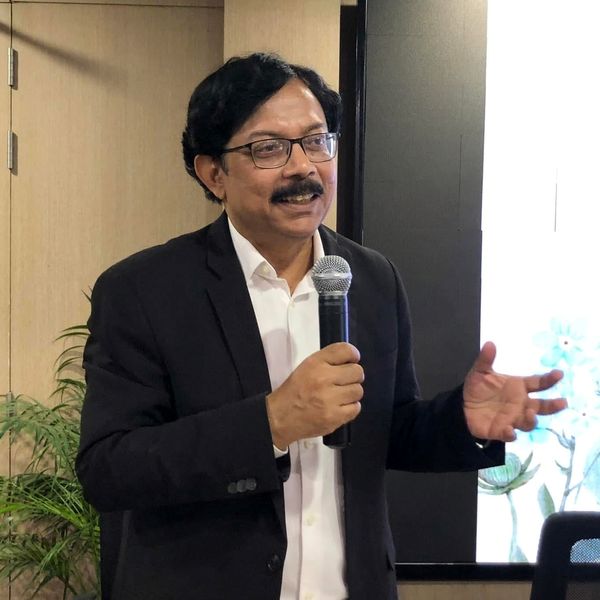
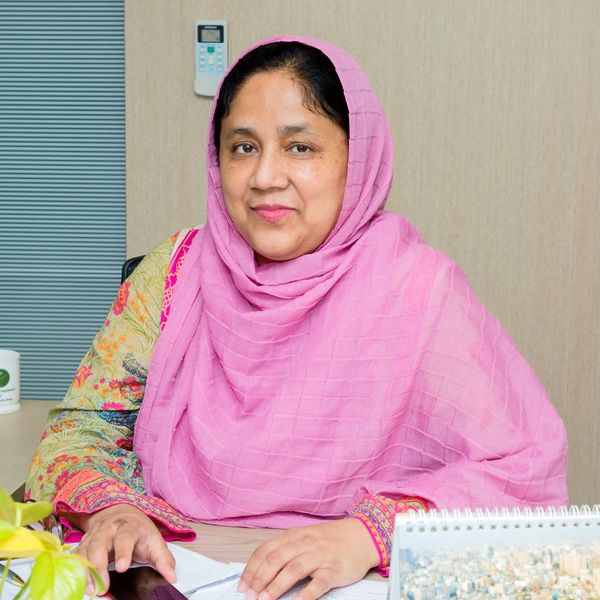
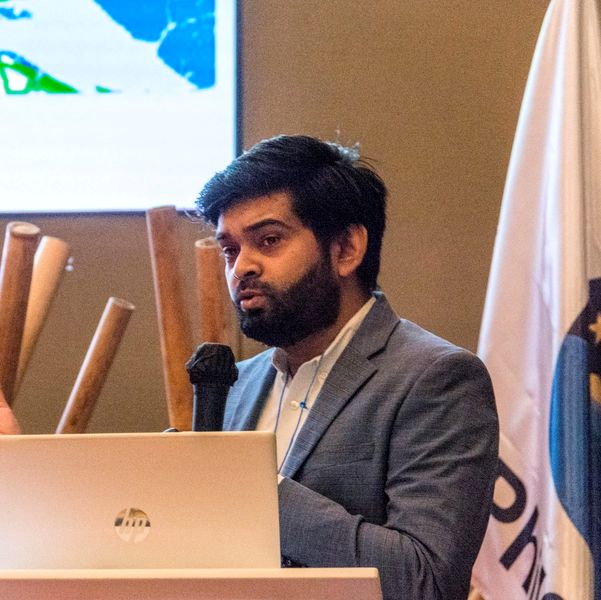
Tonga, an island country in south Pacific, is facing the challenges caused by climate crisis, in addition to the natural disasters such as storms, volcanic eruptions, and earthquakes. The country established the National Disaster Risk Management Office (NDRMO) under the Emergency Management Act 2007, initially aimed at facilitating and coordinating emergency management for Tonga's safety. The National Disaster Risk Management Act 2021 expanded its mandate, focusing on enhancing disaster risk reduction efforts.
NDRMO joined Sentinel Asia in 2024 to benefit from its cooperation scheme of using satellite data for disaster management for their challenges. The Sentinel Asia Secretariat interviewed Ms. 'Ofa Masiwawa, Geospatial Officer at NDRMO, to share their knowledge and experiences with other Sentinel Asia members.
NDRMO joined Sentinel Asia in 2024 to benefit from its cooperation scheme of using satellite data for disaster management for their challenges. The Sentinel Asia Secretariat interviewed Ms. 'Ofa Masiwawa, Geospatial Officer at NDRMO, to share their knowledge and experiences with other Sentinel Asia members.

Established in 2019 under Republic Act No. 11363, or the Philippine Space Act, the Philippine Space Agency (PhilSA) is actively expanding its operations. As a Data Provider Node (DPN) for Sentinel Asia since January 2023, PhilSA has been instrumental in providing critical satellite data to support disaster response and management efforts in the Philippines, a country frequently affected by natural disasters such as storms, earthquakes, and volcanic eruptions. In November 2024, PhilSA co-hosted Sentinel Asia's Joint Project Team Meeting (JPTM), which was held in Quezon City, Philippines. During the event, Dr. Joel Joseph S. Marciano Jr., Director General of PhilSA, was interviewed by the Sentinel Asia Secretariat to introduce the agency's activities, particularly its involvement with Sentinel Asia and its contributions to the global space community.
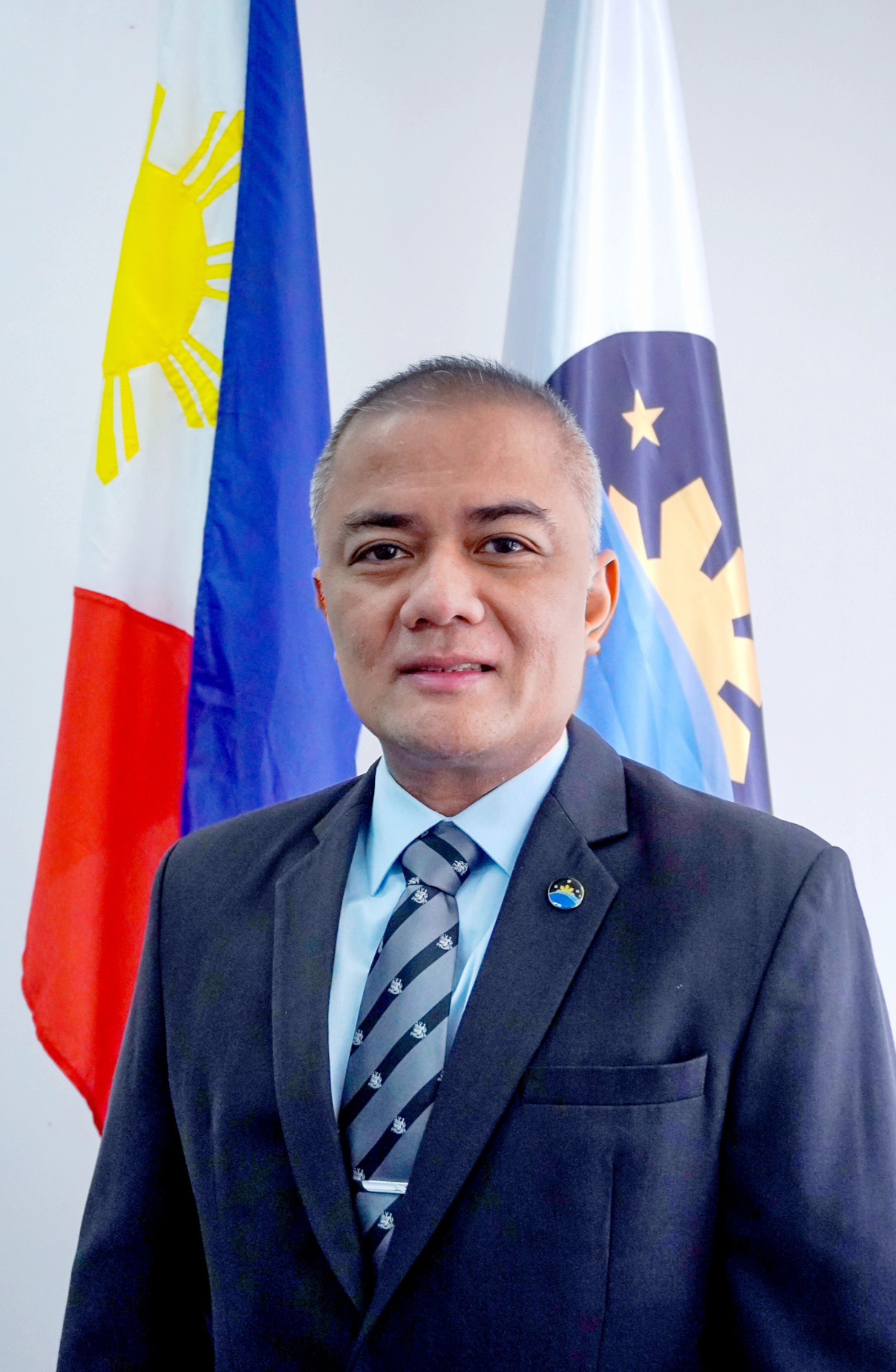
Dr. Morimasa Tsuda, a Japan International Cooperation Agency (JICA) long-term expert, dispatched from the Japan Water Agency to the Bangladesh Water Development Board (BWDB), is an advisor regarding the advancement of integrated water resource management in Bangladesh, including the use of satellite technology for disaster risk management. His contributions have been pivotal in bringing BWDB and the Institute of Water Modelling (IWM) to join the Sentinel Asia initiative in 2023 and 2024, respectively, and establishing Standard Operating Procedures (SOP) for emergency observation requests in Bangladesh.
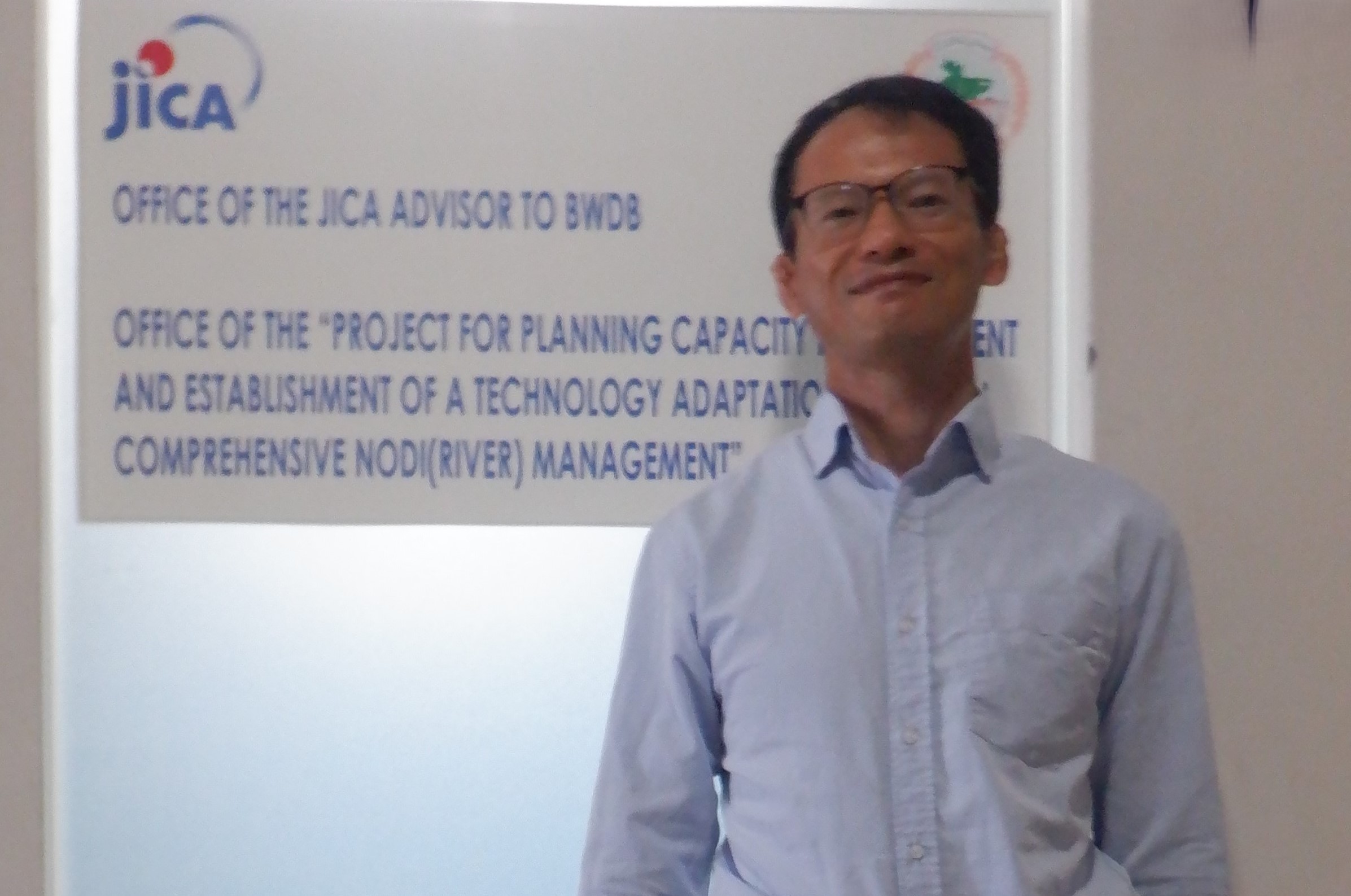
Since its participation in 2009, the Central Asian Institute for Applied Geosciences (CAIAG) has been an active member of Sentinel Asia. It was founded by the Government of the Kyrgyz Republic and the German Research Center for Geosciences but it also works to respond the disasters in Central Asian countries, not limited to Kyrgyz. The Sentinel Asia Secretariat interviewed Mr. Ulan Abdybachaev, Depute of Head of Department of Geodynamics and Georisks, CAIAG, to introduce the latter’s activities relating to Sentinel Asia.
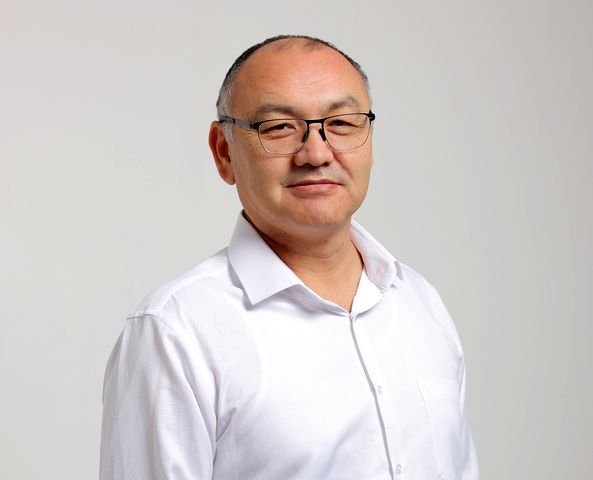
The International Centre for Integrated Mountain Development (ICIMOD) cooperates and supports its eight member countries in Hindu Kush Himalaya (HKH) region, including disaster response and many other aspects. They also contributed to Sentinel Asia for a long time.
Sentinel Asia secretariat interviewed Mr. Kabir Uddin, GIS and Remote Sensing Specialist at ICIMOD to introduce their disaster management activities and contribution to Sentinel Asia.
Sentinel Asia secretariat interviewed Mr. Kabir Uddin, GIS and Remote Sensing Specialist at ICIMOD to introduce their disaster management activities and contribution to Sentinel Asia.
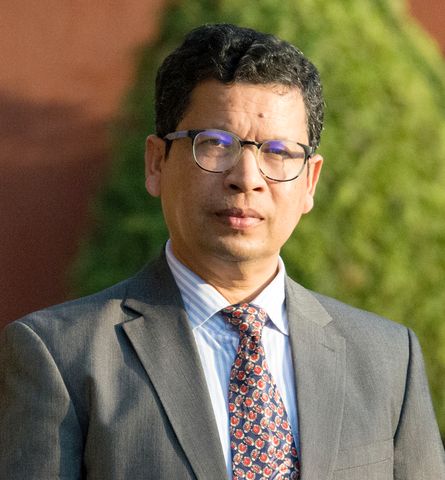
The Pacific Community (SPC) is a longtime member of Sentinel Asia, originally having joined as South Pacific Applied Geoscience Commission (SOPAC), which is now the Geoscience, Energy and Maritime Division (GEM) of SPC. SPC has 27 member countries and territories in the Pacific region. They support their members in the event of disasters as Sentinel Asia’s Joint Project Team (JPT) member as well as its Data Analysis Node (DAN), including sending Emergency Observation Requests (EORs).
The Sentinel Asia Secretariat interviewed Ms. Litea Biukoto and Mr. Kaliopate Tavola to introduce their contribution to the area and to Sentinel Asia.
The Sentinel Asia Secretariat interviewed Ms. Litea Biukoto and Mr. Kaliopate Tavola to introduce their contribution to the area and to Sentinel Asia.
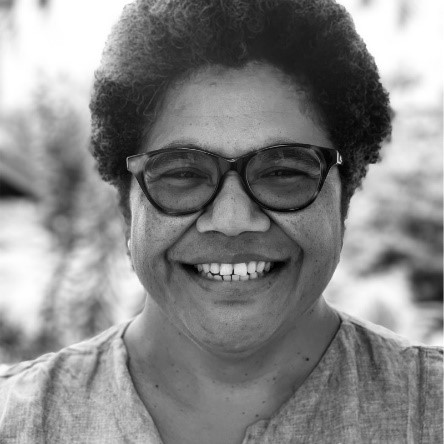

The Asian Disaster Reduction Center (ADRC) was established in 1998 in Kobe, Hyogo Prefecture, in Japan and has been important member of Sentinel Asia since the beginning of this initiative. It plays crucial role within Sentinel Asia not only for emergency response to disasters but also for capacity building and other activities.
The Sentinel Asia Secretariat interviewed Dr. Makoto IKEDA, Senior Researcher, and Mr. Masami SUGIURA, Senior Project Researcher, at ADRC to introduce their activities.
The Sentinel Asia Secretariat interviewed Dr. Makoto IKEDA, Senior Researcher, and Mr. Masami SUGIURA, Senior Project Researcher, at ADRC to introduce their activities.
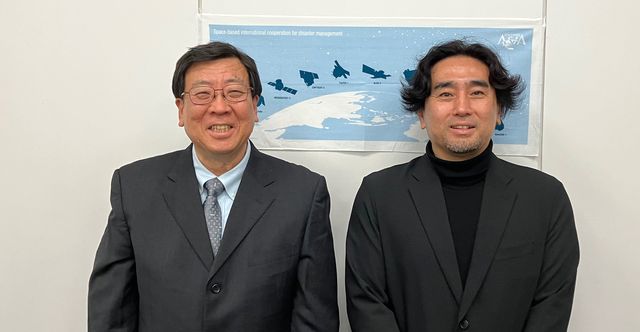
Bangladesh Water Development Board (BWDB) is the leading water resources management organization in Bangladesh. They are responsible for Flood Forecasting and Warning, Flood Damage Assessment, etc. Its Central GIS Directorate has the responsibility to assess ex-post damage due to floods. They became a member of Sentinel Asia's Joint Project Team (JPT) in May 2023.
Sentinel Asia secretariat interviewed Mr. Abdullah Muhammad Mustofa Sorwar, Superintending Engineer at Central GIS Directorate of BWDB to introduce their activities.
Sentinel Asia secretariat interviewed Mr. Abdullah Muhammad Mustofa Sorwar, Superintending Engineer at Central GIS Directorate of BWDB to introduce their activities.

National Research and Innovation Agency of Indonesia (BRIN) was established in 2021 integrating several national science and technology research agencies including National Institute of Aeronautics and Space (LAPAN ) and Agency for the Assessment and Application of Technology Indonesia (BPPT), both of them being longtime members of Sentinel Asia. At a same time Indonesian Space Agency (INASA) was established under this new agency.
Sentinel Asia Secretariat interviewed Prof. Dr. Erna Sri Adiningsih, Executive Director of INASA and an expert researcher in remote sensing at LAPAN, to introduce the background of this integration of research agencies in Indonesia and their future plan for the relation with Sentinel Asia and other space application and disaster management.
Sentinel Asia Secretariat interviewed Prof. Dr. Erna Sri Adiningsih, Executive Director of INASA and an expert researcher in remote sensing at LAPAN, to introduce the background of this integration of research agencies in Indonesia and their future plan for the relation with Sentinel Asia and other space application and disaster management.
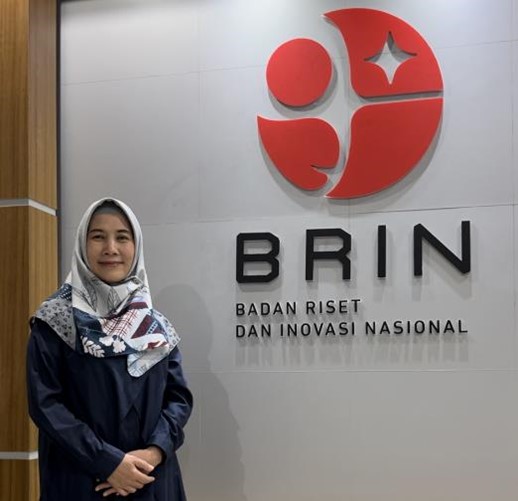
Geo-Informatics and Space Technology Development Agency (GISTDA) is a longtime member of the Sentinel Asia. They provide satellite imagery from their Thaichote or THEOS-1 satellite as Data Provider Node and provide Value Added Products as Data Analysis Node also.
Mr. Tatiya Chuentragun, Deputy Executive Director of GISTDA, serves as a co-chair of the Steering Committee of Sentinel Asia. Sentinel Asia Secretariat interviewed him on his effort for Sentinel Asia, GISTDA's contribution to Sentinel Asia, and the disaster management scheme in Thailand.
Mr. Tatiya Chuentragun, Deputy Executive Director of GISTDA, serves as a co-chair of the Steering Committee of Sentinel Asia. Sentinel Asia Secretariat interviewed him on his effort for Sentinel Asia, GISTDA's contribution to Sentinel Asia, and the disaster management scheme in Thailand.
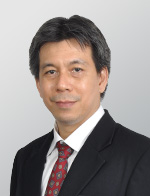
Japan International Cooperation Agency (JICA), an incorporated administrative agency in charge of administering Japan's Official Development Assistance (ODA), is one of the world's largest bilateral aid agencies supporting socioeconomic development in developing countries in different regions of the world. JICA supports the resolution of issues in developing countries through a flexible combination of various types of cooperation methods. They became a member of Sentinel Asia in in 2019 to support disaster management in those countries.
Mr. Matsumoto is the Director of Disaster Risk Reduction Team 2, (Disaster Risk Reduction Group), Global Environment Department of JICA, and has been involved in DRR-related projects with JICA for more than 10 years, including his current position. DRR Team 2 is in charge of disaster risk reduction projects in developing countries, including earthquake disaster, coastal disaster, and meteorological, seismic and volcanic observation projects.
Mr. Matsumoto is the Director of Disaster Risk Reduction Team 2, (Disaster Risk Reduction Group), Global Environment Department of JICA, and has been involved in DRR-related projects with JICA for more than 10 years, including his current position. DRR Team 2 is in charge of disaster risk reduction projects in developing countries, including earthquake disaster, coastal disaster, and meteorological, seismic and volcanic observation projects.
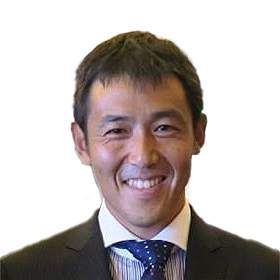
The Asian Disaster Reduction Center (ADRC) was established in Kobe, Hyogo Prefecture, in 1998 with the mission of enhancing the disaster resilience of its member countries, building safe communities, and creating a society where sustainable development is attainable. They are one of the founding members of Sentinel Asia and have played crucial role.
Mr. Koji Suzuki has been serving as Executive Director of the ADRC for more than five years and promoting satellite-based technology/data/information application to disaster risk reduction and disaster management. Currently, he works with Oriental Consultants Global as Senior Advisor and with the Emergency Preparedness Working Group of APEC as Co-Chair (2020-2023). He is also a member of the National Committee for QZSS Technology Application at the Cabinet Office for National Space Policy Secretariat. He served as one of the co-chairs of the Sentinel Asia Steering Committee from 2017 to 2023. The Sentinel Asia Secretariat interviewed Mr. Suzuki about the ADRC’s activities and its cooperation with Sentinel Asia.
Mr. Koji Suzuki has been serving as Executive Director of the ADRC for more than five years and promoting satellite-based technology/data/information application to disaster risk reduction and disaster management. Currently, he works with Oriental Consultants Global as Senior Advisor and with the Emergency Preparedness Working Group of APEC as Co-Chair (2020-2023). He is also a member of the National Committee for QZSS Technology Application at the Cabinet Office for National Space Policy Secretariat. He served as one of the co-chairs of the Sentinel Asia Steering Committee from 2017 to 2023. The Sentinel Asia Secretariat interviewed Mr. Suzuki about the ADRC’s activities and its cooperation with Sentinel Asia.
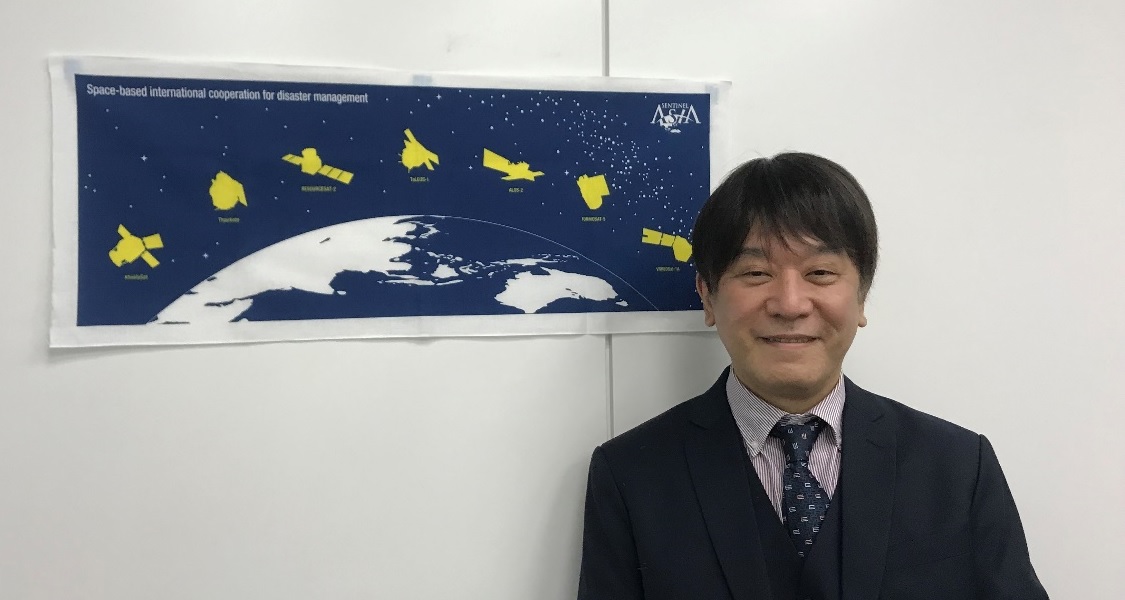
The Philippine Institute of Volcanology and Seismology (PHIVOLCS) is a service institute of the Department of Science and Technology (DOST) that is principally mandated to mitigate disasters that may arise from volcanic eruptions, earthquakes, tsunami and other related geotectonic phenomena. They provide timely, quality and socially-inclusive information and services for warning, disaster preparedness and mitigation. They do through the development and application of technologies for the monitoring and accurate prediction of, and determination of areas prone to, volcanic eruptions, earthquakes, tsunamis and other related hazards, and gender-responsive capacity enhancement for comprehensive disaster risk reduction.
Sentinel Asia secretariat interviewed Dr. Arturo S. Daag, Associate Scientist at DOST-PHIVOLCS, on their activities relating to Sentinel Asia.
Sentinel Asia secretariat interviewed Dr. Arturo S. Daag, Associate Scientist at DOST-PHIVOLCS, on their activities relating to Sentinel Asia.
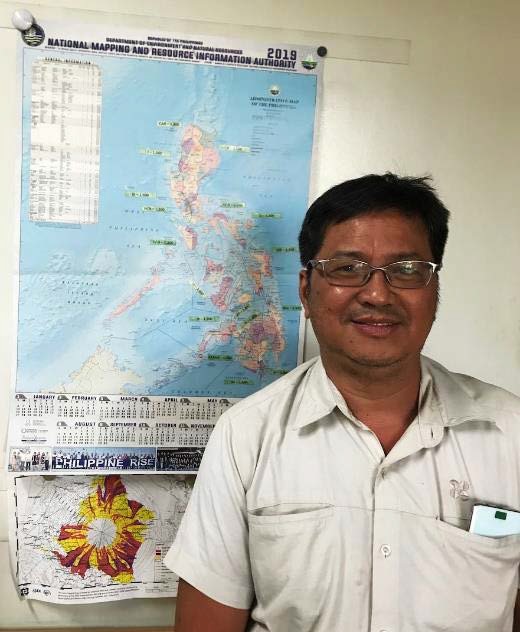
The Earth Observatory of Singapore (EOS) was created in 2008 with the mission to conduct fundamental research on earthquakes, volcanic eruptions, tsunamis, and climate change in and around Southeast Asia, toward safer and more sustainable societies. Since their joining Sentinel Asia, they work very actively as a Data Analysis Node (DAN) member and provided Value Added Products to Sentinel Asia’s Emergency Observation Requests (EORs). The Sentinel Asia Secretariat interviewed Dr. Sang-Ho Yun regarding the backgrounds of their contribution.
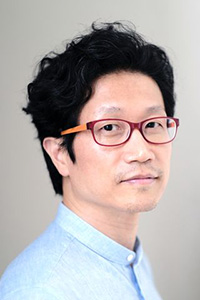
Dr. Lal Samarakoon was the first director of the Geoinformatics Center (GIC) of the Asian Institute of Technology (AIT), concurrently holding a position as a Visiting Scientist of JAXA seconded to AIT. He started his space technology career in early 1990 after completing his graduate studies in Japan. He has worked for Japanese industry before leading GIC for about 15 years. He has contributed to Sentinel Asia from the very beginning and was instrumental in establishing GIC as the first Principal Data Analysis Node (PDAN) of SA. He was one of the co-chairs of the SA Steering Committee since its inception in 2017 until 2022.
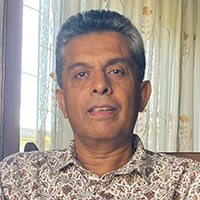
The Indonesian National Institute of Aeronautics and Space (LAPAN) is a long-time member of Sentinel Asia and Indonesia is one of the countries sending Emergency Observation Requests (EORs) to Sentinel Asia most frequently. It underwent a restructuring of governmental agencies and institutions for research and innovation in 2021. Prof. Dr. M. Rokhis Khomarudin talks about this as well as the use of space technology for monitoring disasters and climate change in response to the Sentinel Asia Secretariat.
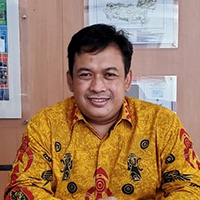
The ASEAN Coordinating Centre for Humanitarian Assistance on disaster management (AHA Centre) is one of the key players in the Sentinel Asia community. Since its establishment in 2011, the AHA Centre has been engaged in monitoring, preparedness, and response related to disasters in the ASEAN Region. While the AHA Centre has been supporting Sentinel Asia with its extensive network and distinguished expertise as an international organization, recently, its support for and partnership with Sentinel Asia has been strengthened further.
The Sentinel Asia secretariat interviewed AHA Centre staff members to introduce their activities reflecting the centre's dedicated support for the ASEAN region through its partnership with Sentinel Asia.


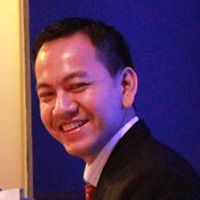
The Geoinformatics Center of the Asian Institute of Technology (GIC-AIT) is one of the founding members of Sentinel Asia and has worked as one of the leading Data Analysis Node (DAN) members. It has been providing Value-Added Products (VAPs) in response to Sentinel Asia’s Emergency Observation Requests (EORs). It also provides valuable inputs to Sentinel Asia in addition to working as Project Manager (PM) when an EOR is escalated to the Disasters Charter. The Sentinel Asia secretariat interviewed GIC-AIT regarding their past and future contributions to Sentinel Asia.
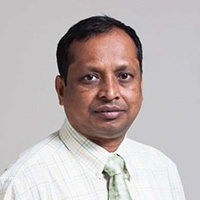
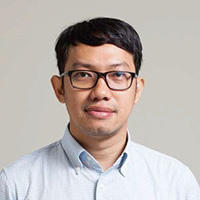
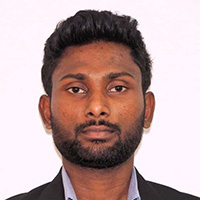
The National Applied Research Laboratories (NARLabs) of Taiwan joined Sentinel Asia (SA) in 2010. Since then, NARLabs, along with the National Space Organization (NSPO), one of the institutes under NARLabs, continues to provide its satellite data to SA. Recently, they contributed to the realization of SA operation system OPTEMIS in collaboration with Academia Sinica from Taiwan and Geo-Informatics and Space Technology Development Agency (GISTDA). They are also working with the newly developed Taiwan Data Cube (TWDC) on the further application of Earth observation data. The SA secretariat interviewed Dr. Kuang-Chong Wu, President of NARLabs, and Dr. Jong-Shinn Wu, Director General of NSPO, to ask about their connection to SA and related contributions, past and future.
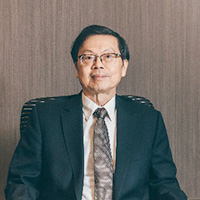
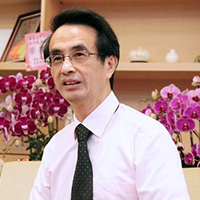
The National Remote Sensing Centre (NRSC) of the Indian Space Research Organisation (ISRO) has been one of the leading supporters of the Sentinel Asia community so far and is strengthening its support to Sentinel Asia. The centre provides satellite observation for Emergency Observation Requests (EORs) from members of Sentinel Asia and contributes to the operation of Sentinel Asia. The Sentinel Asia secretariat interviewed Dr. Raj Kumar, Outstanding Scientist and Director, NRSC, to introduce the centre’s activities regarding Sentinel Asia.
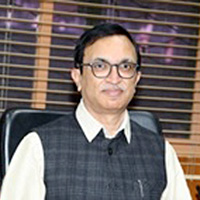
The Asian Disaster Preparedness Center (ADPC) is an autonomous international organization that works to build the resilience of people and institutions to disasters and the impacts of climate change in Asia and the Pacific. Established in 1986, it provides comprehensive technical services across social and physical sciences to countries in the region to support sustainable solutions for risk reduction and climate resilience.
Since joining in 2014, ADPC has also been an active member of Sentinel Asia. ADPC has supported the disaster management activities of the Sentinel Asia community, and notably co-organized and hosted the last Joint Project Team Meeting in 2019. The Sentinel Asia Secretariat interviewed Mr. Hans Guttman, the executive director of ADPC.
Since joining in 2014, ADPC has also been an active member of Sentinel Asia. ADPC has supported the disaster management activities of the Sentinel Asia community, and notably co-organized and hosted the last Joint Project Team Meeting in 2019. The Sentinel Asia Secretariat interviewed Mr. Hans Guttman, the executive director of ADPC.

The International Water Management Institute, or IWMI, is a research-for-development (R4D) organization, with offices in 13 countries and a global network of scientists operating in more than 30 countries, and is a member of the Consultative Group on International Agricultural Research (CGIAR), whose mandate is “a water-secure world,” and which addresses the water and land management challenges faced by poor communities in developing countries. IWMI promotes demand-based innovative and scientifically tested water management solutions for sustainable development and is a longtime member of Sentinel Asia. Dr. Giriraj Amarnath from IWMI has been one of the leading supporters of Sentinel Asia and won the World Geospatial Excellence Award in 2020. The Sentinel Asia Secretariat interviewed Dr. Amarnath about how he has worked with Sentinel Asia and his future plans in the Sentinel Asia community.
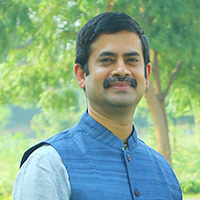
In 2019, Sentinel Asia introduced its new disaster data provision system called “Sentinel Asia Step-3 system”. Sentinel Asia Step-3 system is a joint project by GISTDA and NARLabs (NSPO) with Academia Sinica, and JAXA. Its integral component dedicated to Emergency Observation Requests is called the “Operation Planning Tool for Earth-Observation Mission,” or “OPTEMIS”. OPTEMIS was developed by GISTDA. The Sentinel Asia community witnessed the official launch of OPTEMIS during the Joint Project Team Meeting on 12 November 2019, hosted by ADPC in Bangkok, Thailand.
The Sentinel Asia Secretariat interviewed Mr. Wasanchai VONGSANTIVANICH and Mr. Panupat HORMA with the GISTDA OPTEMIS team regarding its development history and the way forward.
The Sentinel Asia Secretariat interviewed Mr. Wasanchai VONGSANTIVANICH and Mr. Panupat HORMA with the GISTDA OPTEMIS team regarding its development history and the way forward.
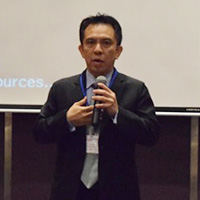
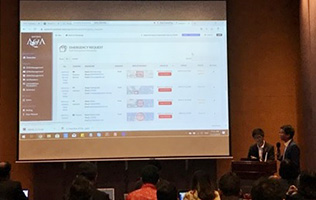
The Mohammed Bin Rashid Space Centre (MBRSC), founded in 2006, is home to the United Arab Emirates’ National Space Program. MBRSC builds and operates earth observation satellites, offering imaging and data analysis services. MBRSC has been a member of Sentinel Asia since 2017. In addition to its contribution to supply its observation data as Data Provider Node (DPN), recently MBRSC has been supporting Emergency Observation Requests (EORs) as Data Analysis Node (DAN) as well, by providing many value-added products.
Commemorating MBRSC’s first provision of KhalifaSat data in August 2020, the Sentinel Asia Secretariat (Dr. Shiro Kawakita, Mr. Takanori Miyoshi and staff members) interviewed Ms. Alia Mohammad Al Mekhyat and Ms. Shaikha Ahmed Albesher of MBRSC for their contribution to the Sentinel Asia.
Commemorating MBRSC’s first provision of KhalifaSat data in August 2020, the Sentinel Asia Secretariat (Dr. Shiro Kawakita, Mr. Takanori Miyoshi and staff members) interviewed Ms. Alia Mohammad Al Mekhyat and Ms. Shaikha Ahmed Albesher of MBRSC for their contribution to the Sentinel Asia.
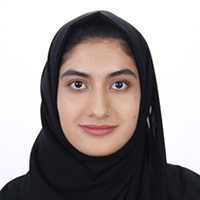
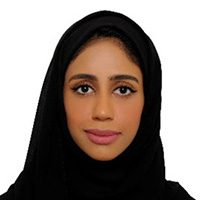
United Nations World Food Programme (WFP) is the newest member of Sentinel Asia. They have already provided their support for Sentinel Asia as a Data Analysis Node, or DAN, for the Emergency Observation Request (EOR) for the flood in Cambodia in October 2020. They are also a Nobel Peace Prize laureate 2020. Sentinel Asia secretariat had an opportunity to interview them to introduce this new member.

Centre for Remote Imaging, Sensing and Processing (CRISP), National University of Singapore, one of the longest JPT members, recently announced that the “TeLEOS-1” satellite, which has been operating under Singapore’s Public-Private Initiative, will contribute to Sentinel Asia. Taking this opportunity, Sentinel Asia secretariat interviewed one of the long-term contributors to our activities, Mr. KWOH Leong Keong, Director, CRISP:
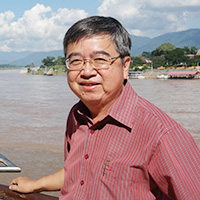
NIED, a Japan’s national research institute, aims to protect people's lives and properties from natural disasters and to prepare society to be resilient to natural disasters, through research on disasters caused by earthquakes, volcanoes, floods, landslides, meteorological changes, and snow and ice damages. NIED has been a Joint Project Team (JPT) member of Sentinel Asia since 2016 and became a Data Analysis Node (DAN) member on June 2020. For a new start as a DAN, Sentinel Asia secretariat made a short interview to Dr. Taguchi who is the point of contact to Sentinel Asia in NIED.
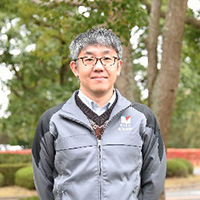
Kazuya Kaku received a master’s degree in applied mathematics and physics from Kyoto University, Japan, in 1978 and a PhD degree from Graduate School of Information Science and Technology, Hokkaido University, Japan, in 2010. He previously worked with the Satellite Applications and Operations Center of the Japan Aerospace Exploration Agency (JAXA) and the Sentinel Asia project to support disaster management in the Asia-Pacific region by applying satellite remote sensing and Web-GIS technologies.
